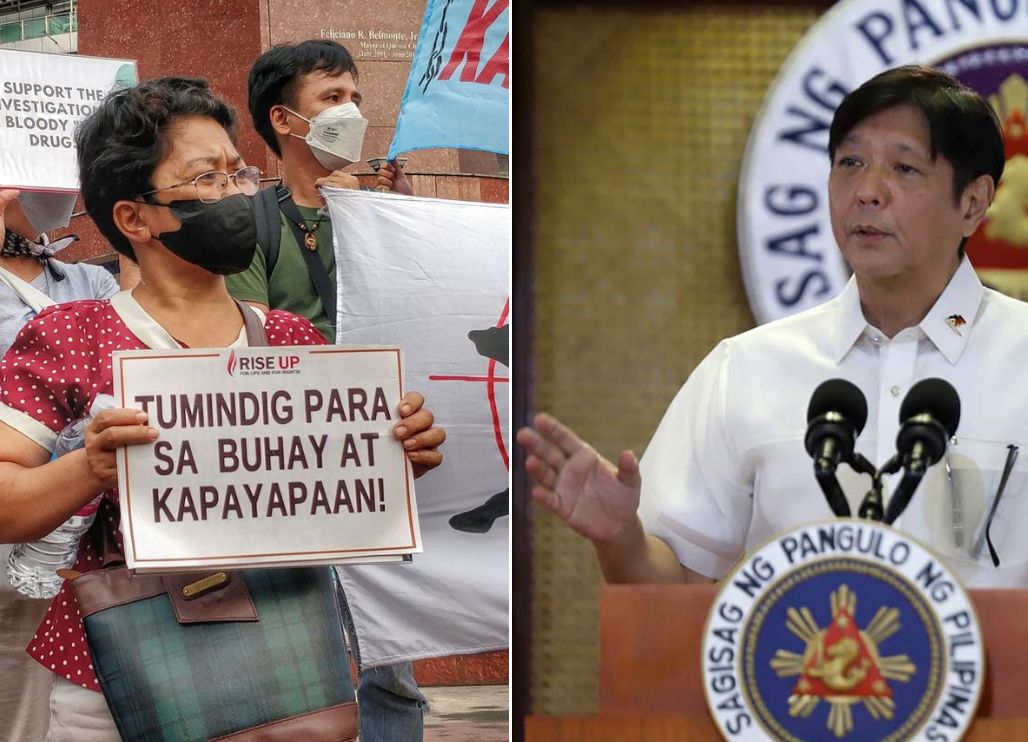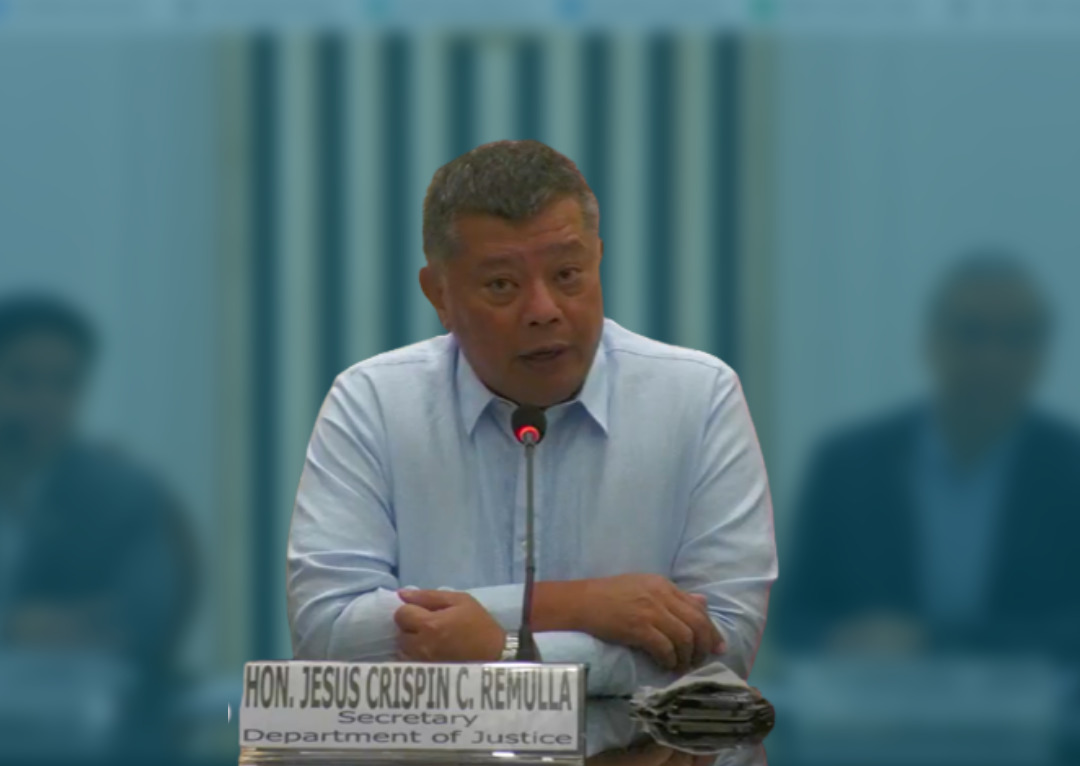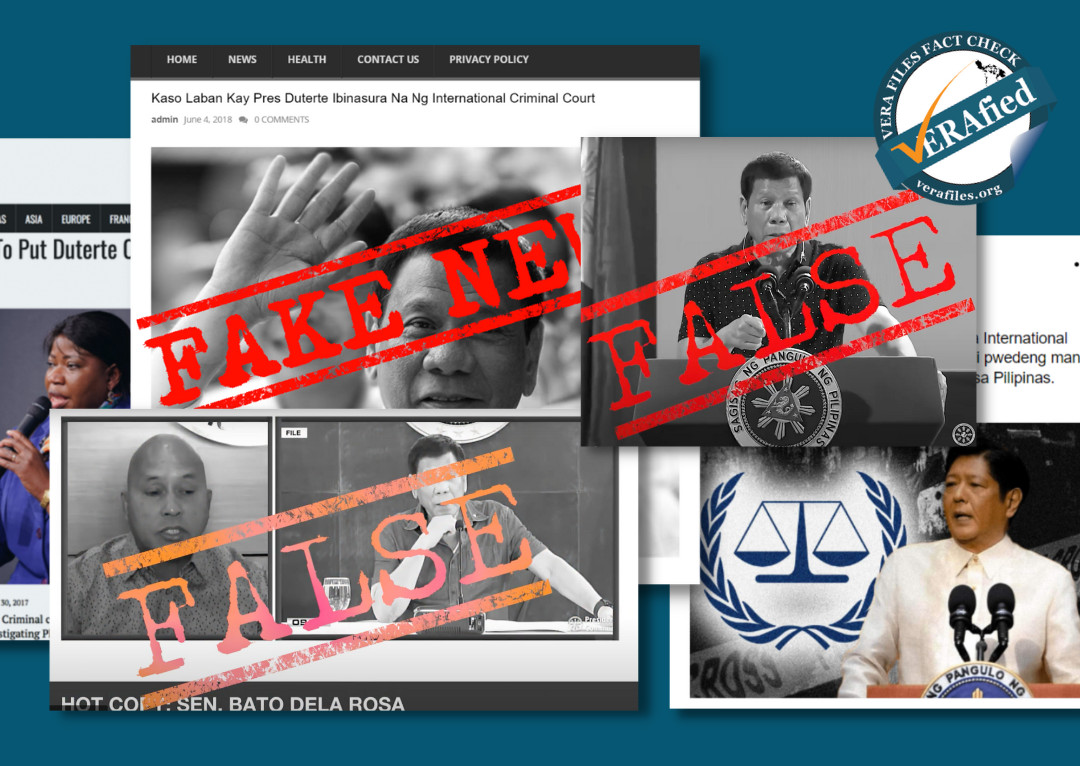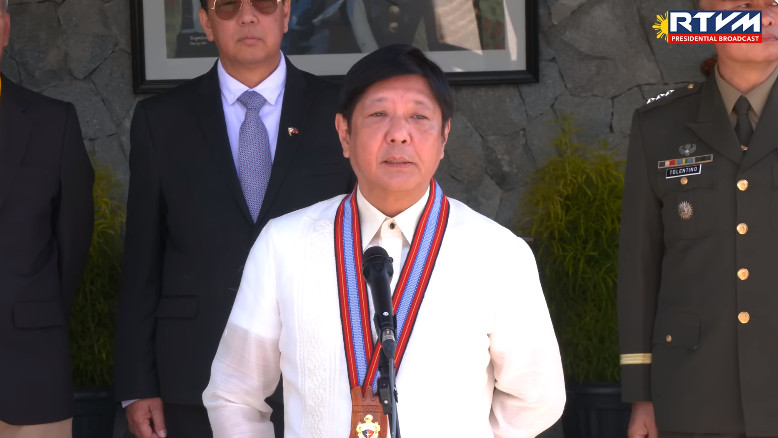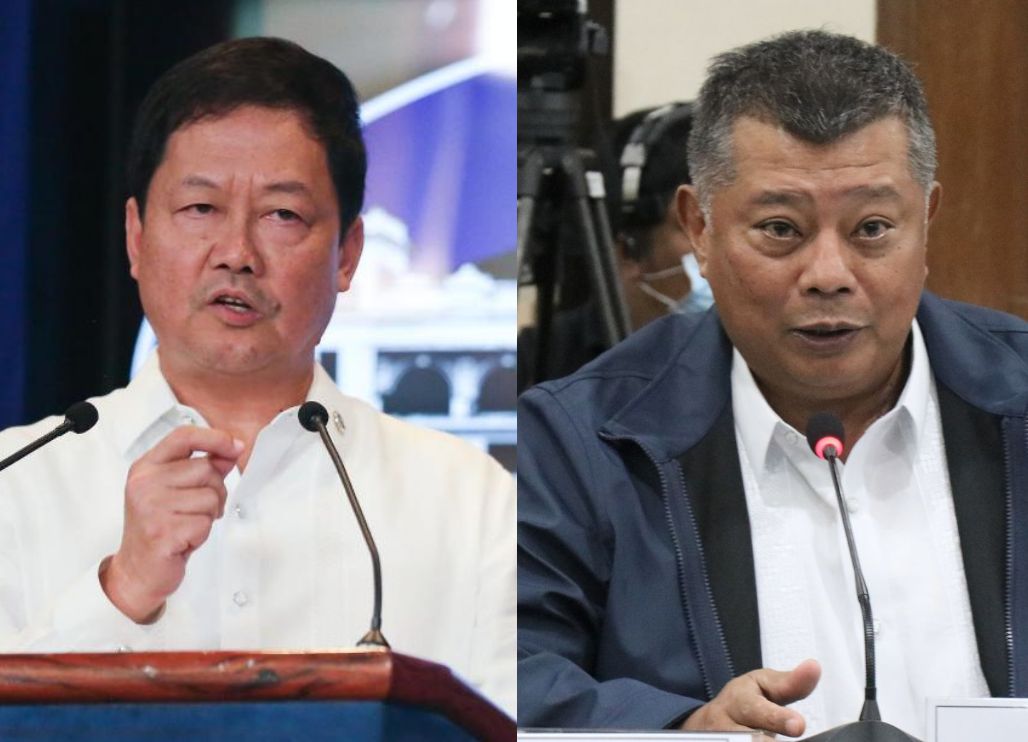If the Philippine government refuses to cooperate with an international inquiry of the bloody “Tokhang” operations during the Duterte administration, then it should undertake an investigation of the alleged role of former president Rodrigo Duterte to show it is not protecting perpetrators of crimes against humanity and other atrocities.
The demand for a probe came after President Ferdinand Marcos Jr. ordered the government to stop engaging with the International Criminal Court (ICC) following its Appeals Chamber’s decision to reject the Philippines’ appeal to stop the resumption of the probe on the drug war.
Any inquiry should also include Sen. Ronald “Bato” Dela Rosa, then Duterte’s police chief, and other top officials with knowledge of the brutal campaign. Duterte and Dela Rosa have said that they are willing to face charges in relation to the drug war but only before local courts.
The ICC is investigating alleged crimes against humanity in Duterte’s drug war from July 2016 to March 16, 2019.
“If the Philippine government will not cooperate in an international investigation of the ‘war on drugs’, then will Marcos investigate here… the policy of ‘Oplan Tokhang,’ which signaled the start of bloody killings, and the role of former President Rodrigo Duterte?,” lawyer Kristina Conti said in a statement on behalf of Rise Up for Life and for Rights, a network of families and victims of the Duterte administration’s anti-drug campaign.
Conti, who is also the secretary-general of the National Union of Peoples’ Lawyers-National Capital Region, added, “Otherwise, victims of the “war on drugs” can only say that the Philippine government’s intention in non-cooperation is to shield perpetrators of crimes against humanity and other atrocities.”
Conti and Rise Up alleged the Marcos government could be afraid of “uncovering systematic, programmatic killings” or “it is merely posturing for political convenience in the international arena.”
“The Philippines will lose the opportunity to formally ventilate its arguments on jurisdiction. The victims will lose the chance to learn the truth and heal,” they said.
It took Marcos nearly three days before publicly addressing the issue. In a July 21 interview, the chief executive told reporters that the government will no longer engage with the ICC following its rejection of the government’s appeal to stop the drug war probe on July 18, which it filed last February.
Solicitor General Menardo Guevarra already announced a day before that Marcos agreed to stop transacting with the Netherlands-based court. (Read Remulla wants OSG to stop engaging with ICC on drug war probe)
“Basta tapos na lahat ng ating pag-uusap sa ICC (We’re done with talking to the ICC). At kagaya ng sinasabi namin mula sa simula (and like what we’ve been saying to them in the beginning), we will not cooperate with them in any way, shape, or form,” Marcos declared.
He added that his government will continue “to defend” the country’s sovereignty and to question the Netherlands-based court’s jurisdiction over the Philippines, which officially withdrew as a state party on March 16, 2019.
“They are talking about Filipinos. Their alleged crimes are here in the Philippines, the victims are Filipino, bakit napupunta sa (why go to) The Hague? Kaya’t dito (Must be here) … That’s it. We have no more appeals pending. We have no more actions being taken,” he said.
However, Conti and Rise Up reminded Marcos about the impact on the country’s standing in the international community and investor confidence in the Philippines by ignoring the ICC.
“President Marcos has been jetting around the world seeking investments and deals for the Philippines. Ignoring the processes of an international tribunal joined in by 123 states shows that we are not willing to comply with international obligations,” they said, adding that all of the 27 member states of the European Union are signatories to the ICC’s founding treaty, the Rome Statute.
Meanwhile, Cagayan De Oro Rep. Rufus Rodriguez suggested that the government allow the ICC to investigate the drug war killings, then question its jurisdiction later when a case is filed by the court’s prosecutor.
“When the case is brought to the ICC, we raise the issue of jurisdiction and the Philippines will surely secure its dismissal for lack of jurisdiction” he said in a July 19 statement.
The Appeals Chamber I did not rule on the issue of jurisdiction in its July 18 decision, saying it was not covered by the Pre-Trial Chamber’s Jan. 26 decision that allowed ICC Prosecutor Karim Khan to resume the drug war probe. Khan is also probing the killings in the Davao region by the so-called vigilante group “Davao Death Squad” from November 2011 to June 2016.
Two judges of the five-member chamber, however, dissented and said that they would have sided with the government’s assertion that the ICC no longer had jurisdiction over the Philippines after its official withdrawal from the Rome Statute on March 16, 2019.
The ICC drug war probe was temporarily suspended in November 2021 after the Duterte administration asked Khan to defer to local proceedings. In June 2022, Khan sought the Pre-Trial Chamber’s permission to resume the probe, which was granted last Jan. 26.
